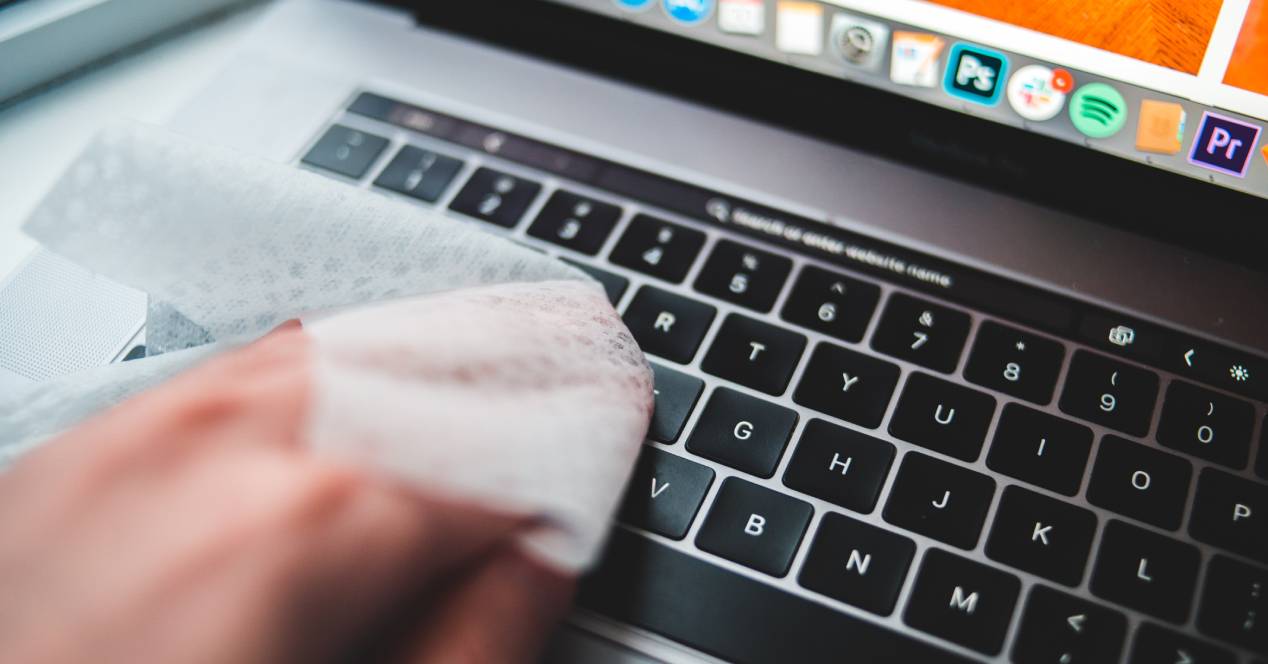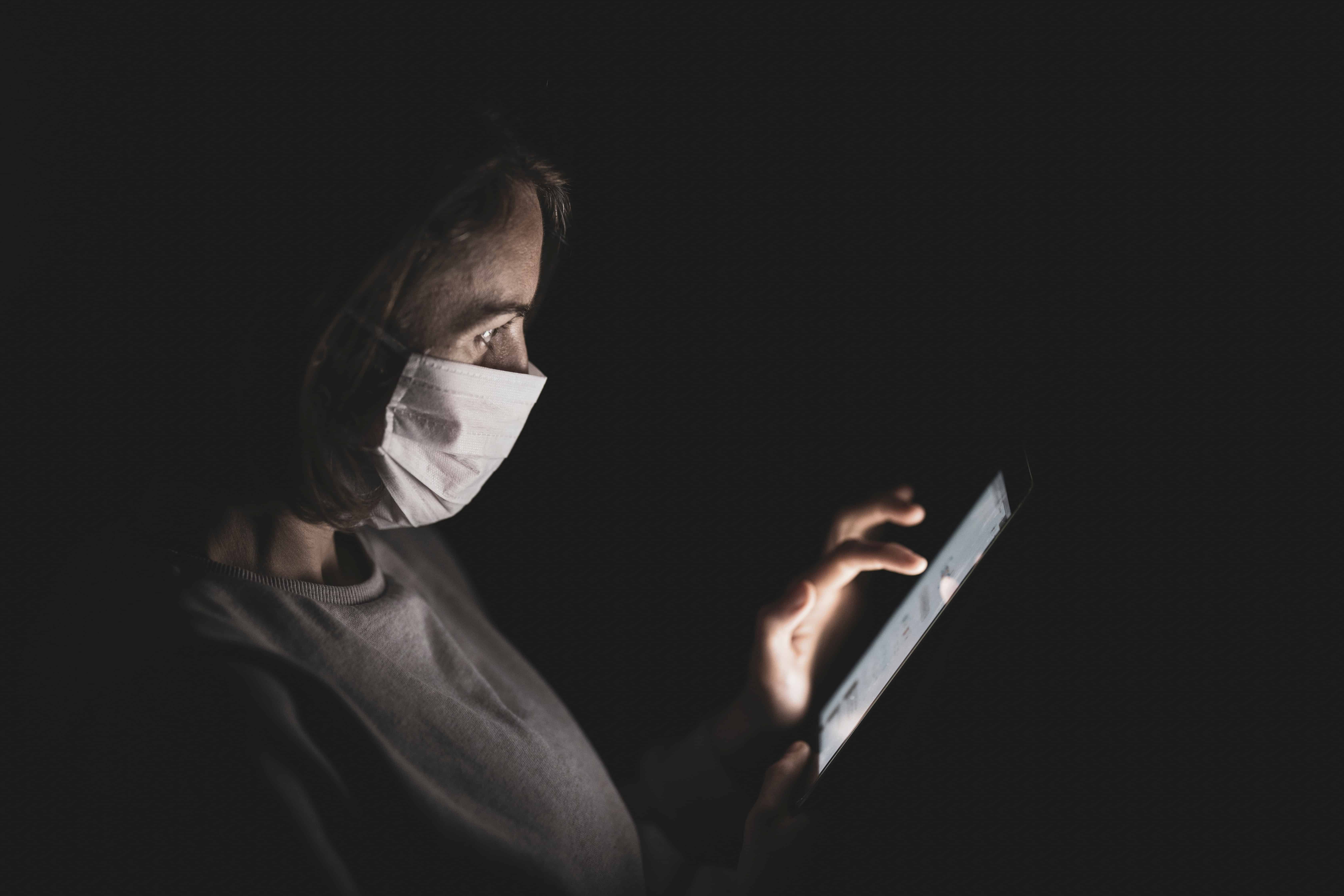
With the threat of COVID-19 still and flu season ramping up, you may be cleaning everything you bring into your home, including food, letters, and packages, as well as high-touch items where it's likely to spread. hide germs (like your phone, purse, wallet, and keys).
But while spraying your bananas with disinfectant may seem like a necessity, it's actually not doing you much good.
We now know that the virus that causes coronavirus is transmitted primarily from person to person through respiratory droplets or aerosols from someone infected. Unless you're working in a very high-risk setting where you have direct exposure to COVID-19, like an ICU, it's not really necessary.
What objects to disinfect to avoid contagion by COVID-19?
your mobile phone
Your smartphone, like your hands, is a germ magnet.
A Gerba study, published in June 2017 in the journal Germs, found that up to 80 percent of our phones contain germs potentially harmful bacteria such as staph (the bacteria often behind food poisoning).
This is true even if you regularly wear headphones. Since most phones have touch screens, germs can easily spread from your phone to your hands, which can trigger an infection if you touch your face.
The good news is that as long as you use a screen protector and don't submerge your phone in any liquid (or let it seep into the charging ports), regular sanitizing is safe.
We recommend you follow the steps below:
- Disconnect your phone.
- Clean it with a lint-free cloth slightly dampened with soap and water or an alcohol wipe (preferably the latter). Avoid cleaning sprays or solutions, as they may contain bleach or other abrasives or seep through openings.
- Do this several times a day, even every time you come from abroad.
There are also some things you can do when you're out and about to minimize your phone's exposure to germs:
- Keep your phone in your pocket or bag instead of carrying it in your hands (and placing it on things like counters and store tables).
- When you go shopping, use a written shopping list instead of one on your phone.
- It's also a good idea to use a hands-free device when making calls, so the phone isn't pressed against your face or mask.

your mask
If you have a disposable mask, you should throw it away after each use. Cloth masks should be washed every day after use.
The first step is to safely remove it:
- Wash your hands or use an alcohol-based hand sanitizer that contains at least 60 percent alcohol.
- Do not touch the front of your mask. Remove it by grasping the clips or untying the ties.
- If your mask has filters, remove them and throw them away.
- Fold the outer corners together and store it in a safe place like a plastic bag (don't throw it in a bag, where it may come into contact with your other personal items).
- Be careful not to touch your eyes, nose, and mouth when you take it off. Wash your hands again immediately afterward.
Experts say it's okay to include your mask with your regular clothes. You can add regular detergent, but set the water to the warmer setting adequate. Dry completely in the dryer using the highest heat setting.
If you wash it by hand, you'll want to use a bleach containing from 5 to 25 percent sodium hypochlorite. And be sure to check the label of the product you're using to see if your bleach is intended for disinfection.
Why don't you need to worry about other items?
Since the early days of the pandemic, you may have been disinfecting everything in sight. But here are some items you don't have to worry about:
- keys
- Wallets
- Headphones
- Glasses
- Clothing
- eatables
Initially, there was a lot of concern that the coronavirus contagion could survive for a while on surfaces and therefore make you sick. An April 2020 study, published in The New England Journal of Medicine, found evidence that the virus can live on kitchen surfaces. plastic up to three days and in carton for approximately 24 hours.
The virus breaks down rapidly during this time. The amount of detectable virus on all of these surfaces drops dramatically after just a few hours; for example, only traces of COVID can be found in the cardboard after four.
However, it appears that the new coronavirus survives better on smooth, hard surfaces such as counters o doorknobs. Other evidence suggests that the virus also does not survive as well on softer surfaces, such as screen.